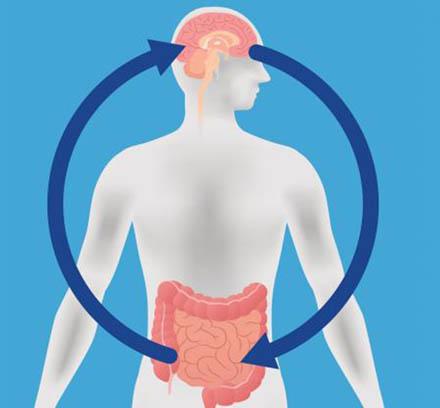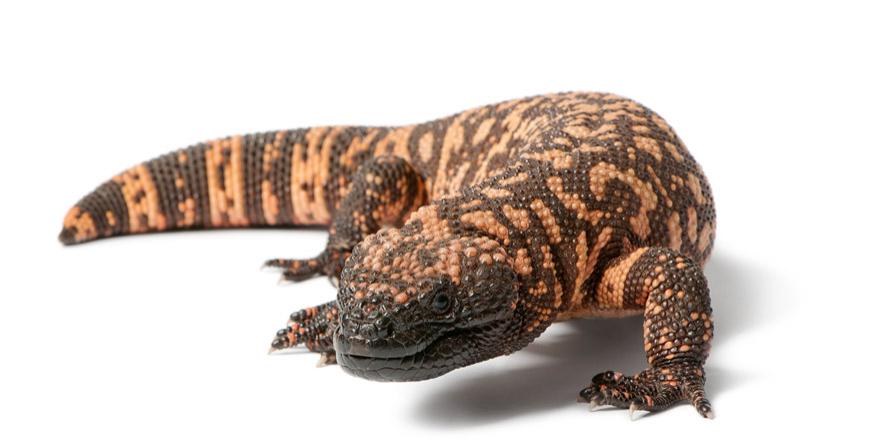You are here
Does Parkinson’s disease begin in the gut?
By Los Angeles Times (TNS) - May 11,2017 - Last updated at May 11,2017

Photo courtesy of medicalnewstoday.com
They say that “what happens in Vegas stays in Vegas”. But this is definitely not true of the vagus nerve, which wanders from the stomach to the brain, passing through the heart, oesophagus and lungs along the way.
A new study offers fresh support for an intriguing theory about the vagus nerve’s role in Parkinson’s disease, a neurological disorder that causes tremors, gait difficulties and sometimes dementia in roughly 1 million Americans and as many as 10 million people worldwide.
This theory suggests the vagus nerve may be more than a highway for signals to travel to the brain from the many organs it touches. It may also be the conduit for transporting the protein alpha-synuclein from the stomach to the brain, where it forms telltale clumps in Parkinson’s sufferers.
If true, this theory would pinpoint a possible origin of the degenerative brain disorder — in the gut. It would also confirm the centrality of this mysterious protein, whose precise role in Parkinson’s is not well understood.
And finally, it would suggest a possible way to block the progression of Parkinson’s: a surgical procedure currently used to treat people with gastric ulcers that involves cutting the vagus nerve to sever the pathway from gut to brain.
This last point is where the new research begins.
The study authors, from Sweden’s Karolinska Institute, the University of Southern California and elsewhere, combed through a comprehensive registry of Swedish medical records to compare rates of Parkinson’s disease among people who got that surgical procedure, called a vagotomy, and those who had not.
They wondered if, incidental to a vagotomy’s role as a treatment for peptic ulcers, it might also drive down the risk of Parkinson’s by blocking alpha-synuclein’s route to the brain.
What they found did not appear, at first blush, to be telling: Sweden’s 9,430 vagotomy patients were statistically no less likely to develop Parkinson’s over time than were the 377,200 non-vagotomised Swedes that made up the comparison group.
But not all vagotomies are equal, and when the researchers looked at the subset of patients who got the most drastic version of the procedure, they saw a difference.
Among patients who got a truncal vagotomy — which removes the vagus nerve from contact with the stomach, liver, gall bladder, pancreas, small intestine and proximal colon — many years of follow-up showed that Parkinson’s disease was 22 per cent less common than it was among people in the comparison group.
While the theory that Parkinson’s starts in the gut is controversial, there is some evidence for it in mice, in laboratory cells and in humans. Alpha-synuclein protein clumps have been detected in the guts of humans with very early Parkinson’s. And in mice that had alpha-synuclein from the brains of human Parkinson’s patients implanted in their intestinal wall, researchers later found movement of those proteins in the vagus nerve.
This latest study, published in the journal Neurology, offers epidemiological evidence to support that theory.
“If this is true,” the study authors wrote, “resection of the vagus nerve may stop or delay the spreading” of the proteins that gum up the works in the brains of Parkinson’s patients.
Related Articles
Botox has frozen the faces of countless Hollywood stars, and international researchers recently said the toxic injections might also be able to stop cancer in its tracks, at least temporarily.
By Paul RicardAgence France-PressePARIS — People suffering from advanced Parkinson’s disease could benefit long-term from continuous deliver
SAN DIEGO — A diabetes drug developed by a San Diego biotech company from a venomous lizard’s saliva reduces Parkinson’s disease symptoms, a
















